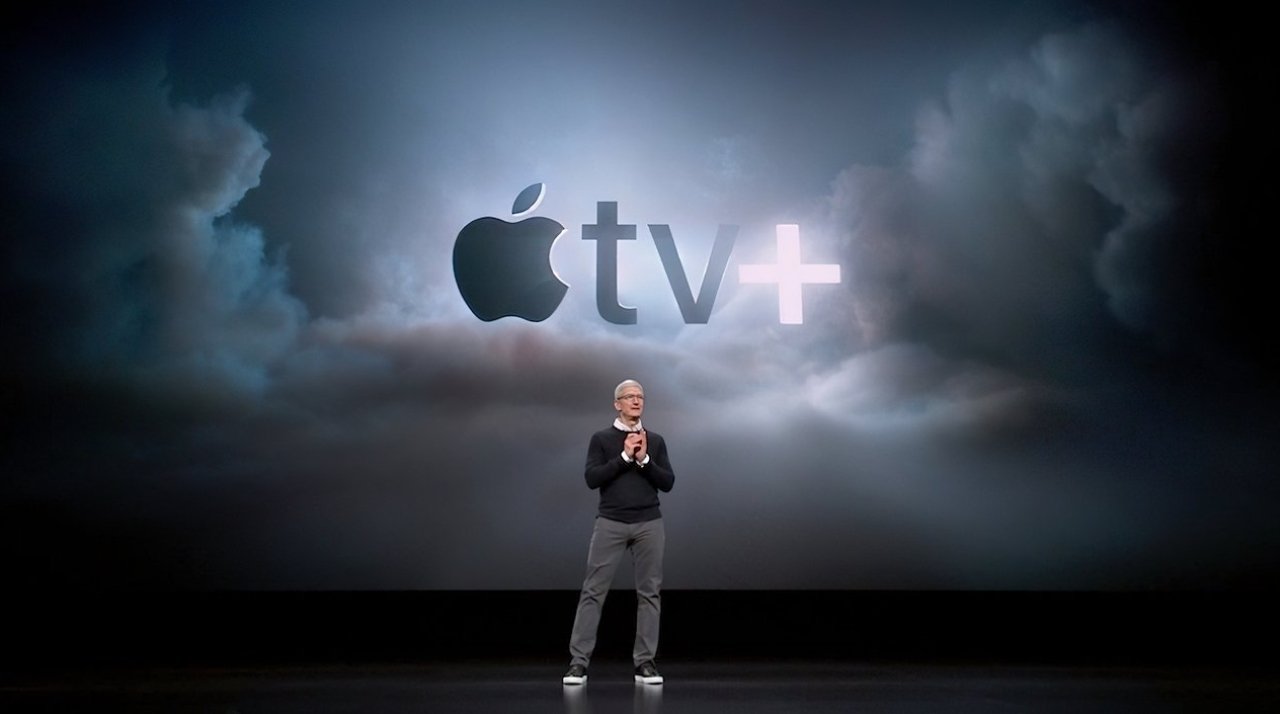After years of legal back-and-forth, Apple and the city of Chicago have reached an agreement on the so-called "Netflix tax" applied to streaming services.
On Wednesday, Apple officially dropped its lawsuit against Chicago, choosing to reach a settlement rather than pursue further legal action. The case was dismissed by Cook County Circuit Court Judge Daniel Duffy, who recently granted a motion by Chicago to dismiss Apple's challenge.
According to The Hollywood Reporter, the terms of the settlement weren't disclosed.
In 2015, Chicago introduced a change to its Amusement Tax that placed a 9% tax on streaming entertainment services. Also referred to as a "Netflix Tax" and impacting services like Netflix, Spotify, and Apple's own Apple TV+.
In 2018, Apple filed a lawsuit against the city, arguing the tax violated the federal Internet Tax Freedom Act, as well as the U.S. Constitution's commerce and due process laws.
That lawsuit was paused for more than two years while courts handled a related lawsuit against Chicago by users of Netflix, Hulu, and Spotify.
While Chicago won that trial, Apple amended its complaint to say that case was a "facial challenge" to the tax program, but that Apple was challenging how the tax was applied to its own services.
At the time, Judge Duffy dismissed the lawsuit. He declared that Apple's filing was an insufficient challenge, and gave Apple leave to file an amended complaint.
 Amber Neely
Amber Neely




-xl-m.jpg)



 Malcolm Owen
Malcolm Owen
 William Gallagher
William Gallagher


 Andrew Orr
Andrew Orr











6 Comments
Are they going to tax air, tears, perspiration, farts, extra tax on toilet paper? I have no desire to live in a large city. These stupid taxes are just a way to make up for poor decisions and fiscal irresponsibility. Internet services already has taxes on it. So, the crap they are pulling is equivalent to taxing cable tv, then taxing you for each channel you want to watch.
Decades ago New York State implemented a new 5% sales tax (in addition to the current local tax rates at the time) on lodging rooms (hotels, motels, b&b) if the room rate exceeded a certain amount. That room “luxury” tax was rescinded several years later when date showed that it had a negative impact on occupancy.
Ugh. My city is pulling the same stunt.